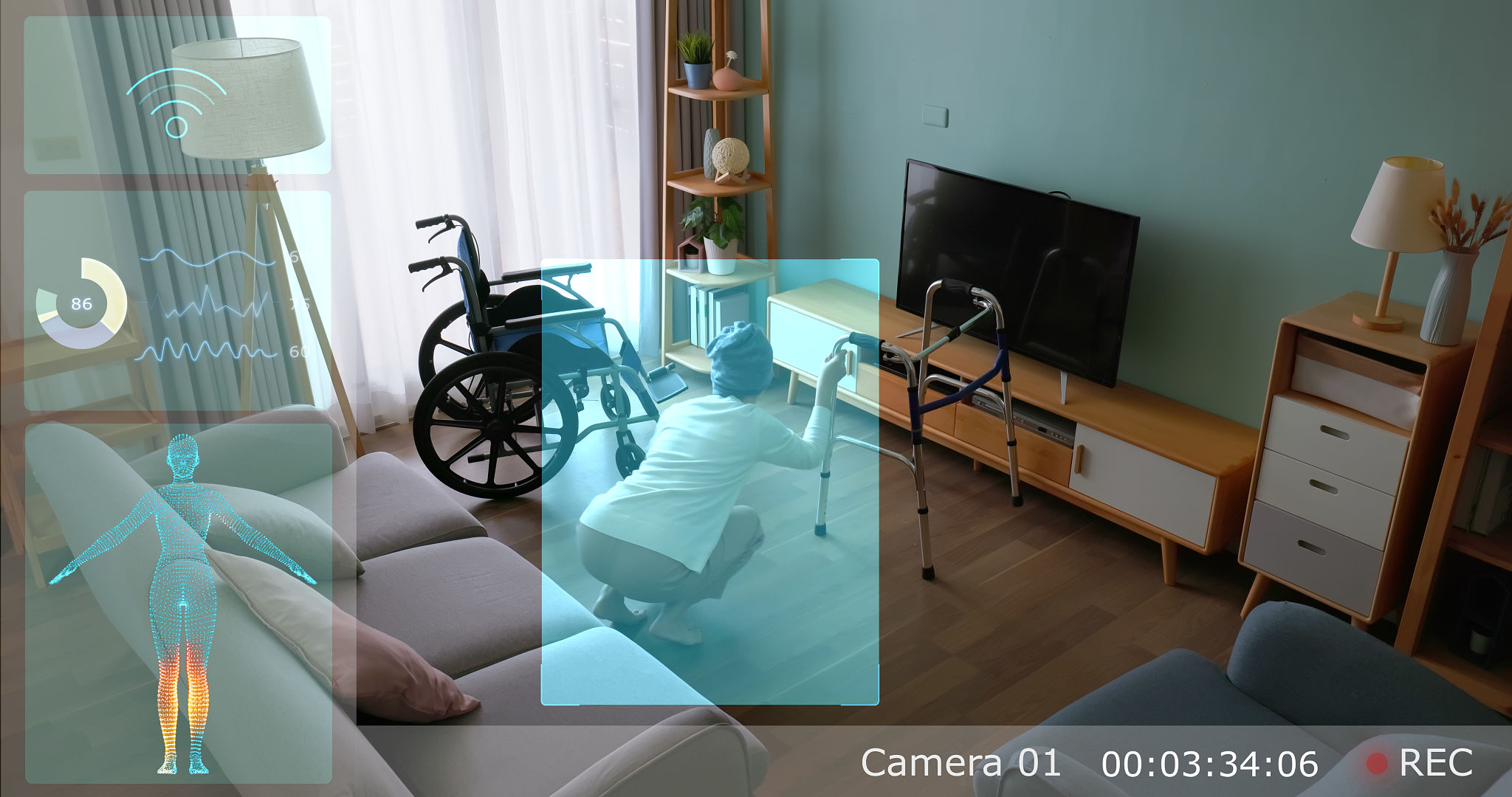Understanding HIPAA Compliance in Elderly Care: A Comprehensive Guide
What is HIPAA and Why is it Important?
The Health Insurance Portability and Accountability Act (HIPAA) was enacted in 1996 to protect the privacy and security of individuals' health information. For those working in elderly care, understanding HIPAA compliance is crucial as it ensures that sensitive patient information is handled safely and ethically. Violating HIPAA can result in severe penalties, making it essential for healthcare providers to adhere to its guidelines.

HIPAA sets national standards for the protection of health information, ensuring that individuals' medical records and other personal health information are properly safeguarded. This is particularly important in elderly care, where patients may have multiple caregivers and healthcare providers involved in their treatment and care.
Key Components of HIPAA in Elderly Care
Privacy Rule
The HIPAA Privacy Rule establishes standards for the protection of personal health information (PHI). It outlines who can access, use, or disclose PHI and under what circumstances. In elderly care, caregivers must ensure that PHI is only shared with authorized individuals to protect patient confidentiality.
The Privacy Rule also grants patients rights over their health information, including the right to access and request corrections to their records. This empowers elderly patients to stay informed about their health and make informed decisions regarding their care.

Security Rule
The HIPAA Security Rule complements the Privacy Rule by setting standards for electronic PHI (ePHI). It requires healthcare providers to implement safeguards to protect ePHI from unauthorized access, use, or disclosure. In the context of elderly care, this means using secure systems for storing and transmitting patient information.
Healthcare organizations must conduct risk assessments regularly to identify potential vulnerabilities in their systems and take appropriate measures to address them. Implementing strong passwords, encryption, and secure networks are some of the ways to ensure compliance with the Security Rule.
Steps to Ensure Compliance
Training and Education
One of the most effective ways to ensure HIPAA compliance in elderly care is through regular training and education for all staff members. Employees should be well-versed in HIPAA regulations and understand their role in protecting patient information. Regular workshops and refresher courses can help keep staff updated on any changes to the regulations.

Developing Policies and Procedures
Establishing clear policies and procedures is essential for maintaining HIPAA compliance. These should outline how PHI is to be accessed, used, and disclosed, as well as the steps to take in case of a breach. Having a comprehensive plan in place helps ensure that all staff are on the same page and are equipped to handle PHI appropriately.
Additionally, appointing a dedicated HIPAA compliance officer can help streamline the implementation of these policies and ensure that all staff adhere to them consistently.
The Role of Technology in HIPAA Compliance
Technology plays a significant role in helping healthcare providers meet HIPAA requirements. Electronic health records (EHRs) have become an integral part of modern healthcare systems, offering a convenient way to store and manage patient information. However, it's essential to choose EHR systems that meet HIPAA standards for data security and privacy.
Furthermore, healthcare providers should utilize secure communication platforms for sharing patient information with other caregivers or specialists involved in a patient's care. These platforms should offer encryption and other security features to ensure that PHI remains protected at all times.

Conclusion
Understanding and implementing HIPAA compliance in elderly care is vital for protecting patient privacy and ensuring the ethical handling of sensitive health information. By staying informed about HIPAA regulations, providing regular training to staff, developing robust policies, and leveraging technology, healthcare providers can create a secure environment where elderly patients receive the best possible care. Adhering to HIPAA not only safeguards patients but also protects healthcare providers from potential legal repercussions.